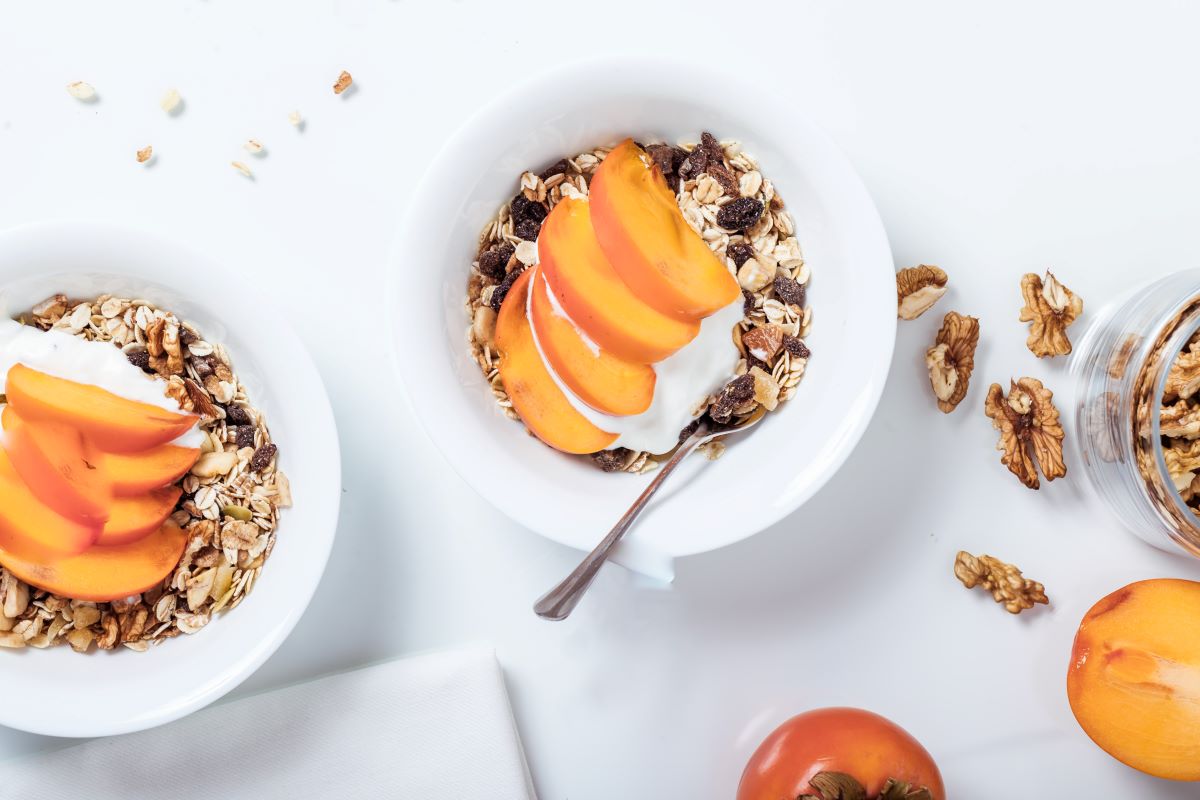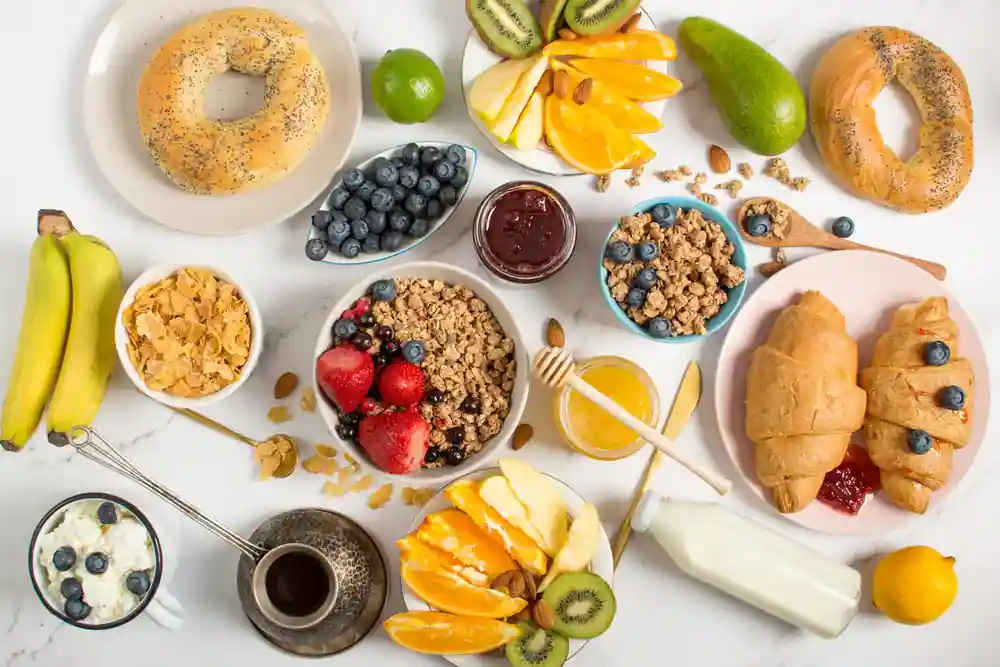
Acid Reflux Diet: Foods to Eat and Avoid
Acid reflux, also known as gastroesophageal reflux disease (GERD), occurs when stomach acid flows back into the esophagus, causing discomfort and irritation. While medication can help manage symptoms, adopting an acid reflux-friendly diet can play a significant role in alleviating discomfort and improving digestive health. In this guide, we’ll explore the foods to eat and avoid for better digestive health when dealing with acid reflux.
Foods to Eat
Non-Acidic Fruits: Opt for fruits with a low acidity level, such as bananas, melons, apples, and pears. These fruits are less likely to trigger acid reflux and can provide essential nutrients and hydration.
Vegetables: Incorporate plenty of non-acidic vegetables into your diet, including leafy greens, broccoli, cauliflower, carrots, and potatoes. These vegetables are rich in fiber, vitamins, and minerals, promoting digestive health and reducing the risk of acid reflux.
Whole Grains: Choose whole grains such as oats, brown rice, quinoa, and whole wheat bread and pasta. These complex carbohydrates are high in fiber and can help regulate digestion, preventing acid reflux symptoms.
Lean Proteins: Opt for lean sources of protein, such as poultry, fish, tofu, and legumes. These protein sources are less likely to trigger acid reflux compared to fatty or fried meats.
Healthy Fats: Include sources of healthy fats in your diet, such as avocados, nuts, seeds, and olive oil. These fats can help reduce inflammation and support digestive health without exacerbating acid reflux symptoms.
Low-Fat Dairy: Choose low-fat or fat-free dairy products, such as skim milk, yogurt, and cheese. Dairy products can provide essential nutrients like calcium and protein while minimizing the risk of triggering acid reflux.
Herbal Teas: Enjoy herbal teas such as chamomile, ginger, and licorice root tea. These soothing beverages can help alleviate digestive discomfort and promote relaxation, making them ideal for individuals with acid reflux.

Foods to Avoid
High-Fat Foods: Limit your intake of high-fat foods, including fried foods, fatty meats, full-fat dairy products, and rich desserts. These foods can relax the lower esophageal sphincter (LES) and increase the risk of acid reflux.
Acidic Foods: Avoid acidic foods and beverages that can irritate the esophagus, including citrus fruits, tomatoes, tomato-based sauces, vinegar, and citrus juices.
Spicy Foods: Steer clear of spicy foods and seasonings, such as hot peppers, chili powder, garlic, and onion. These foods can trigger heartburn and exacerbate acid reflux symptoms.
Carbonated Beverages: Limit your consumption of carbonated beverages, as the bubbles can expand in the stomach and put pressure on the LES, leading to acid reflux.
Chocolate: Avoid chocolate and chocolate-based products, as they contain caffeine and theobromine, which can relax the LES and contribute to acid reflux symptoms.
Mint: Skip mint-flavored products, including mint gum and candy, as they can relax the LES and exacerbate acid reflux symptoms.
Alcohol and Caffeine: Reduce your intake of alcohol and caffeine, as they can weaken the LES and increase stomach acid production, leading to acid reflux.
Processed and High-Sugar Foods: Minimize your consumption of processed and high-sugar foods, including sugary snacks, baked goods, and processed snacks. These foods can exacerbate inflammation and digestive issues, worsening acid reflux symptoms.
Carbonated Beverages: Steer clear of carbonated beverages such as soda, sparkling water, and energy drinks. The carbonation can increase stomach pressure and contribute to acid reflux symptoms.
Conclusion
By incorporating these dietary tips into your lifestyle, you can better manage acid reflux and improve your digestive health. Remember to listen to your body, practice portion control, and stay hydrated throughout the day. Additionally, consider consulting with a healthcare professional or registered dietitian for personalized dietary advice tailored to your specific needs and preferences. With the right approach, you can find relief from acid reflux and enjoy a happier, healthier life.
Related Posts

Cooking Delicious Chicken Dishes at Home

